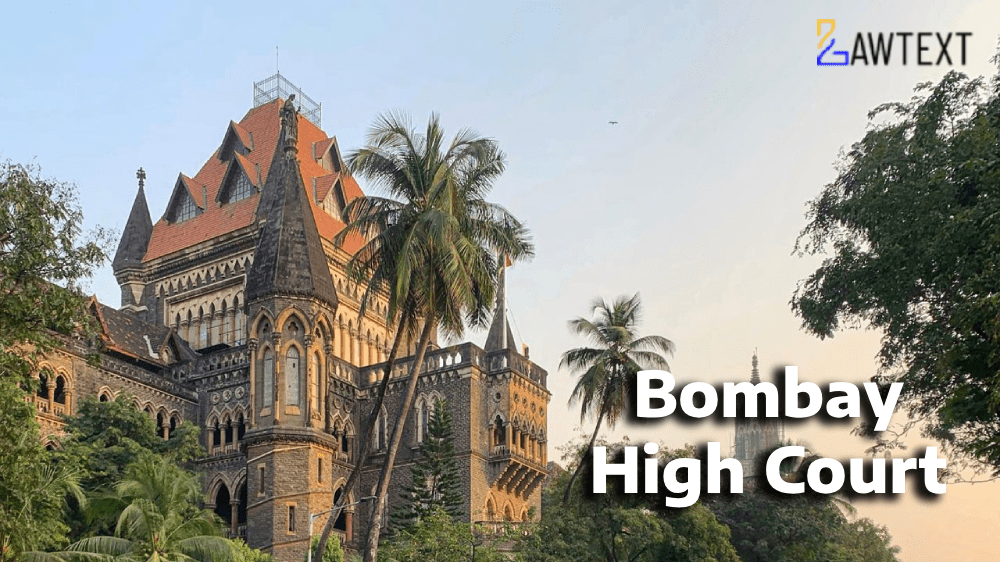Bombay High Court Ruling on Residency Criteria for MBBS Admissions in Goa. Balancing Merit and Residency: The court addresses the conflict between residency rules and the right to education.

CASE NOTE & SUMMARY
The Bombay High Court, addressed two writ petitions regarding the eligibility for admission to the MBBS course at Goa Medical College (GMC). The key issue was whether Anagha Rajesh Naik, having studied outside Goa due to her mother’s employment, should be treated as a resident of Goa for admission purposes under the state's rules. Anagha’s petition was countered by Hrishikesh Satarkar, who challenged the residency certificate issued in her favor, as it affected his chances for admission. The Court evaluated the eligibility requirements for admissions under Goa’s rules and assessed the need for continuous residency versus compelling circumstances like employment postings of parents.
1. Petition Overview:
- Petitioners:
- Anagha Rajesh Naik (WP No. 2435/2024): Seeks admission to MBBS course in Goa.
- Hrishikesh Satarkar (WP No. 2460/2024): Challenges the residency certificate of Anagha, contending that his seat would be awarded if her petition is dismissed.
2. Admission Dispute:
- Anagha's Claim:
- Filed under Article 226 of the Constitution for admission to GMC.
- Born in Goa, she pursued her education from Class 1 to Class 10 in Karwar, Karnataka, due to her mother’s employment. Her higher secondary education was completed in Goa, and she claims to be a resident under Goa's admission rules.
3. Hrishikesh’s Argument:
- Hrishikesh contends that Anagha does not fulfill the residency criteria of 10 years of continuous residence in Goa, as she completed her schooling outside the state.
4. Eligibility Criteria Debate:
- Rules Discussed:
- Continuous 10-year residency in Goa is required for MBBS admission.
- Exceptions include government employees' children posted outside Goa.
5. Court’s Analysis:
- Anagha’s Situation:
- Although she studied outside Goa, her father was a resident of Goa and worked for the Goa government. The Court considered whether this should fulfill the residency requirement.
- Anagha’s argument was based on "compelling circumstances" beyond her control, such as staying with her mother.
6. Relevant Case Laws:
- Smt. Jeewanti Pandey v. Kishan Chandra Pandey (1981): Discussed residency concepts.
- D.P. Joshi v. State of Madhya Bharat (1955): Established that state residency can be a legitimate criterion for educational benefits.
7. State’s Argument:
- Goa's government counsel maintained that Anagha did not meet the uninterrupted residency requirement and therefore should not be considered for a seat under the general category.
8. Conclusion and Ratio:
- Ratio Decidendi:
- The Court upheld that rules laid out by the state must be followed, and that compelling personal circumstances (such as parental employment) can be considered but must align with the state’s overall policy on residency.
- The Court clarified the interpretation of the rules, stressing the balance between merit and legal residence.
Acts and Sections Discussed:
- Article 226 of the Constitution of India:
- Empowered the petitioners to challenge administrative decisions.
- Domicile and Residency Rules:
- Goa’s MBBS admission rules, particularly focusing on continuous 10-year residency.
Subject:
Judicial review of residency criteria for MBBS admissions in Goa under Article 226 of the Indian Constitution.
Subjects:
- MBBS Admissions
- Residency Criteria
- Goa High Court
- Article 226
- Domicile Laws
ISSUE OF CONSIDERATION
Miss Anagha Rajesh Naik, d/o. Shri Rajesh Devendra Naik
Citation: 2024 LawText (BOM) (10) 44
Case Number: WRIT PETITION NO.2435/2024 (F) WITH WRIT PETITION NO.2460/2024 (F)
Date of Decision: 2024-10-04
Case Title: Miss Anagha Rajesh Naik, d/o. Shri Rajesh Devendra Naik
Before Judge: M. S. KARNIK & VALMIKI MENEZES, JJ.
Advocate(s): Mr Nigel da Costa Frias with Mr Vishal Sawant, Advocates for the Petitioner. Ms Maria Correia, Additional Government Advocate for the Respondents No.1 and 3 to 6. Ms A. Harihar, Advocate for Respondent No.2. Mr Shivan Desai with Mr Jay Mathew, Advocates for the Petitioner. Ms Maria Correia, Additional Government Advocate for the Respondents No.1, 3, 4 to 6 and 8. Ms A. Harihar, Advocate for Respondent No.2.
Appellant: Miss Anagha Rajesh Naik, d/o. Shri Rajesh Devendra Naik
Respondent: The State of Goa & Ors.

